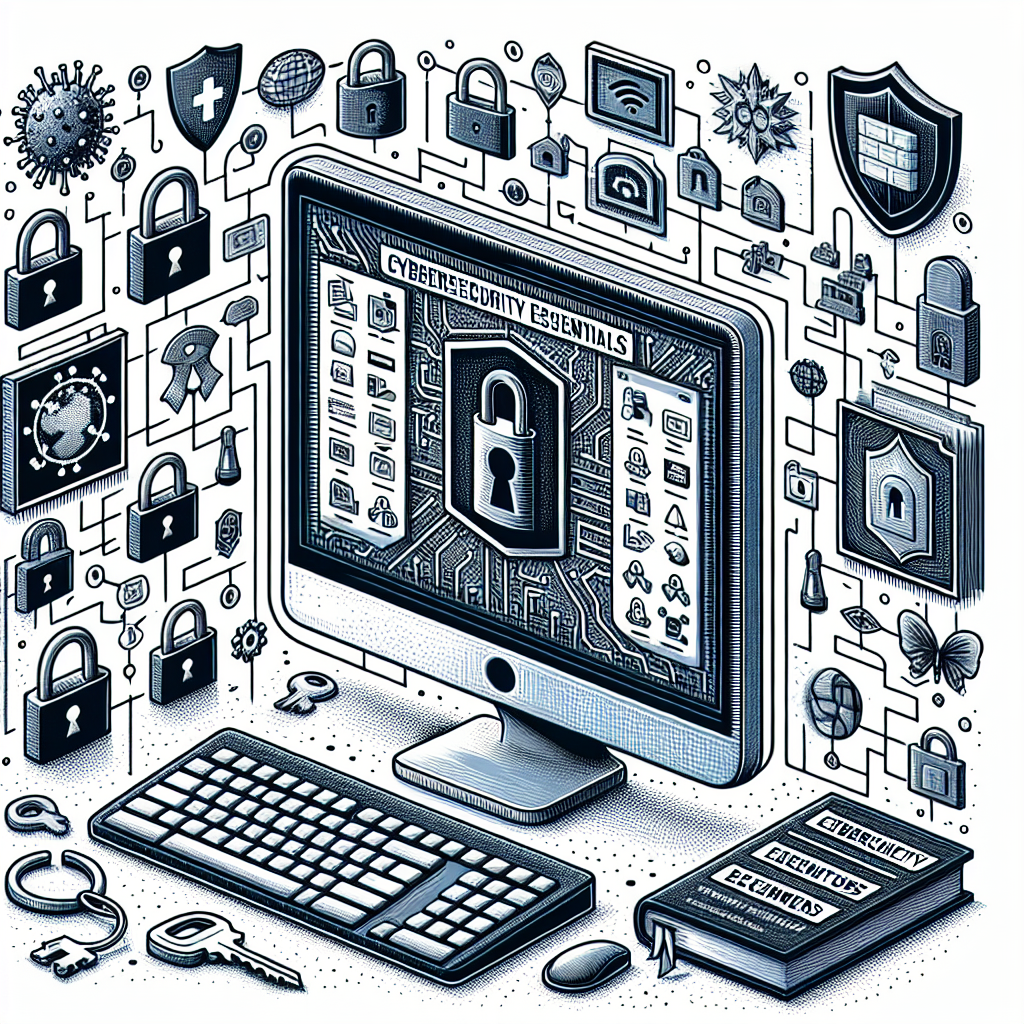Cybersecurity is a growing concern for individuals and businesses alike, as cyber attacks become more sophisticated and prevalent. For beginners who are new to the world of cybersecurity, understanding the basics is essential to protecting yourself and your data from potential threats. In this dummy’s guide, we will cover the essentials of cybersecurity to help you stay safe online.
1. Password Security: One of the simplest and most effective ways to protect yourself online is by using strong and unique passwords for each of your accounts. Avoid using easily guessable passwords like “123456” or “password,” and consider using a password manager to help you keep track of all your passwords securely.
2. Update Your Software: Keeping your software and operating systems up to date is crucial in preventing cyber attacks. Hackers often exploit vulnerabilities in outdated software to gain access to your devices and data, so make sure to install updates regularly.
3. Enable Two-Factor Authentication: Two-factor authentication adds an extra layer of security to your accounts by requiring you to provide a second form of verification, such as a code sent to your phone, in addition to your password. This can help prevent unauthorized access even if your password is compromised.
4. Be Wary of Phishing Attacks: Phishing attacks are a common tactic used by cyber criminals to trick individuals into revealing sensitive information or downloading malware. Be cautious of emails or messages from unknown sources, and avoid clicking on suspicious links or attachments.
5. Secure Your Wi-Fi Network: Securing your Wi-Fi network is essential to prevent unauthorized access to your internet connection and devices. Make sure to use a strong password for your Wi-Fi network and enable encryption to protect your data from eavesdroppers.
6. Backup Your Data: Regularly backing up your data is crucial in case of a cyber attack or data loss. Store your backups in a secure location, such as an external hard drive or cloud storage service, to ensure that you can recover your important files in case of an emergency.
7. Educate Yourself: Staying informed about the latest cybersecurity threats and best practices is key to staying safe online. Take the time to educate yourself about common cyber threats and how to protect yourself against them.
By following these cybersecurity essentials for beginners, you can enhance your online security and protect yourself from potential cyber threats. Remember that cybersecurity is an ongoing process, so make sure to stay vigilant and proactive in safeguarding your digital life.


Leave a Reply